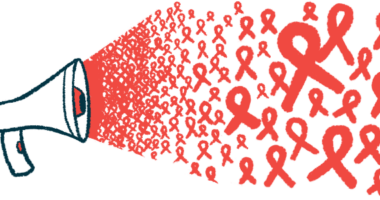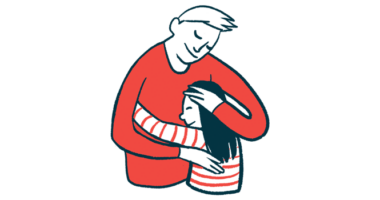ASF Family Fund Opens to Support Angelman Patients in UK

Angelman syndrome families in the United Kingdom may now request financial support for items — like tablets or adaptive equipment — that could improve a patient’s life quality under an expansion of the Angelman Syndrome Foundation (ASF) Family Fund.
The ASF fund was opened in 2019 to help families in the United States. Its expansion to those in the U.K. comes through collaborative work by AngelmanUK, the ASF, and the Canadian Angelman Syndrome Society (CASS), according to a press release.
Grant awards of up to £500 (about $660) will be decided by the ASF and AngelmanUK.
A grant cycle opens again on April 1 and runs through the month’s end. Applicants can expect a response by late May; the next cycle starts on Oct 1. Go here to apply.
Applicants must be caregivers of Angelman patients, and requests must be for items or services of benefit to a patient.
They may apply for grants to pay for or contribute to a single product or service, such as an iPad or tablet to help with communication, a pragmatic organization dynamic display (PODD) book and training, or a communication application. Other relevant expenses can include safety support items such as a safety bed or stroller, adaptive equipment such as a trike or all-terrain wheelchair, and specialized physical therapy or communication training.
AngelmanUK and the ASF may consider larger grants amounts or other types of expenses at their discretion.
Applications requesting an award for items such as beds, walkers, wheelchairs, and trikes require a letter supporting its need from recognized institution such as social services or the National Health Service. While some grants may be in the form of funds, items requested may also be purchased on applicants’ behalf. High-priced items, like beds or trikes, cannot be funded entirely, the group noted.
Families whose request in a given award round is not supported may reapply in the next round. Successful applicants may reapply three years after their grant approval. Applicants may also be directed to other possible funding sources.
“AngelmanUK is excited to be working collaboratively with the ASF,” said Rachel Martin, the group’s chair. “Both organizations have a long history of sharing the same goal: to support the Angelman community to the best of our ability. Working together along with CASS, this new venture will make a significant difference to our UK families and will reinforce positive international networks at a time when the community needs us to work together.”
Applicants are asked to be specific in their request and to include, where applicable, the cost of the item or service, and an item’s manufacturer or model, linking to its appropriate website if available.
“At the Angelman Syndrome Foundation we believe that when we collaborate and work together, we can make a bigger impact to support families,” said Amanda Moore, the foundation’s CEO. “The ASF is very proud of the ASF Family Fund and the impact it has had so far … We are thrilled to have AngelmanUK partner with us.”
Angelman syndrome is thought to affect about 1 in 15,000 individuals.







